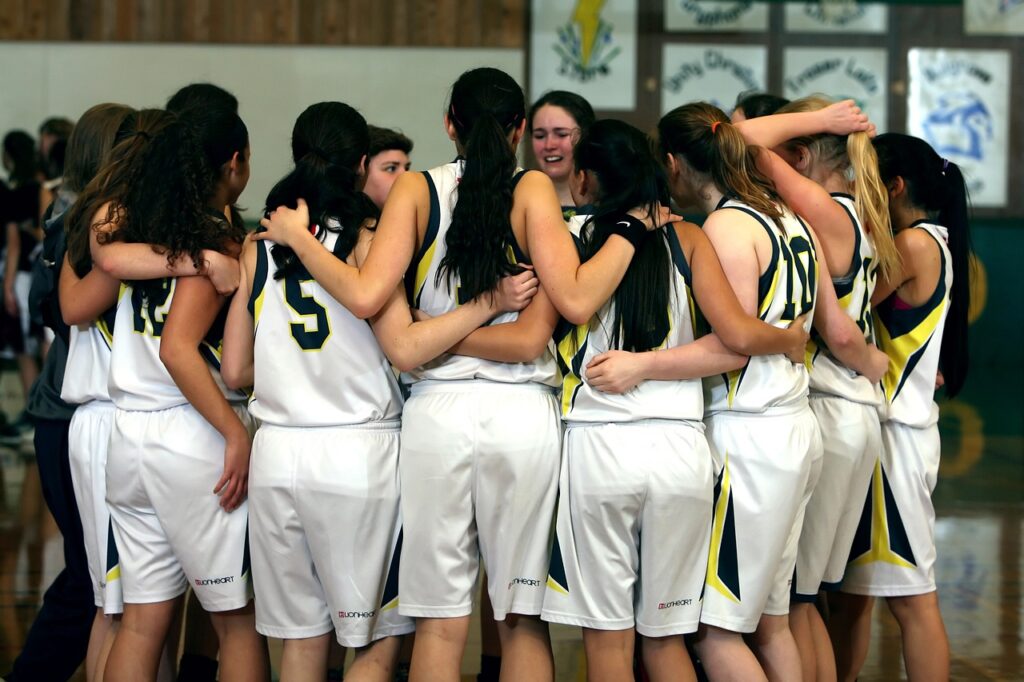
The United Nations is calling on world leaders to take decisive measures to address the persistent gender inequalities in sports. In a speech delivered on July 17, 2024, UN High Commissioner for Human Rights Volker Türk emphasized the need for greater investment in women’s sports and the promotion of women’s rights as athletes. Despite growing recognition of women’s contributions to sports, significant disparities remain.
Highlighting Persistent Inequalities
In his address, Türk pointed out that women athletes do not receive equal rights and opportunities compared to their male counterparts. For instance, while female football players at top-tier clubs earn an average annual salary ranging from $10,900 to $24,000, male football players take home approximately $1.8 million annually. This stark contrast severely impacts the financial viability of women’s athletic careers.
Moreover, Türk noted that women are underrepresented in leadership roles within sports organizations, including clubs and federations. They also experience fewer opportunities for participation and receive significantly less media coverage than male athletes. He expressed concern over the discrimination that persists in the sports community, particularly affecting athletes of African descent, who face racist narratives, hate speech, and abuse, both online and offline.
Call for Policy Changes and Accountability
According to Türk, these discriminatory practices create barriers that prevent women from advancing in sports. He urged UN member states to adopt robust anti-discrimination policies and laws to ensure equal treatment for men and women in sports. It is crucial for governments to implement measures that not only protect female athletes from violence and harassment but also ensure that any incidents are thoroughly investigated.
The UN High Commissioner also highlighted the role of sports organizations in promoting equality. He called on these entities, particularly those involved in mega sports events, to align their operations with human rights principles. This alignment involves assessing their activities’ impacts on women’s rights and actively seeking ways to mitigate potential risks.
Türk stated, “Sports can drive social and economic change,” underscoring the importance of creating an equitable environment that offers equal opportunities for women and girls globally. He pointed to international studies, including a report from the Equal Pay International Coalition (EPIC), which found that male athletes earn about 21 times more in playing salaries than their female counterparts.
In a related finding, the Cricket Association of Nepal (CAN) revealed that contracts for the men’s and women’s national cricket teams for 2024 exhibit a significant salary gap, further illustrating the disparities in pay and opportunities within sports governance. Türk identified the low representation of women in decision-making roles within sports governance structures as a primary factor contributing to these inequalities.
As the UN continues to advocate for gender equality in sports, it is clear that comprehensive action is needed from both member states and sports organizations to dismantle the barriers that hinder women’s progress. Only through collective efforts can a truly inclusive and equitable sports landscape be achieved.







